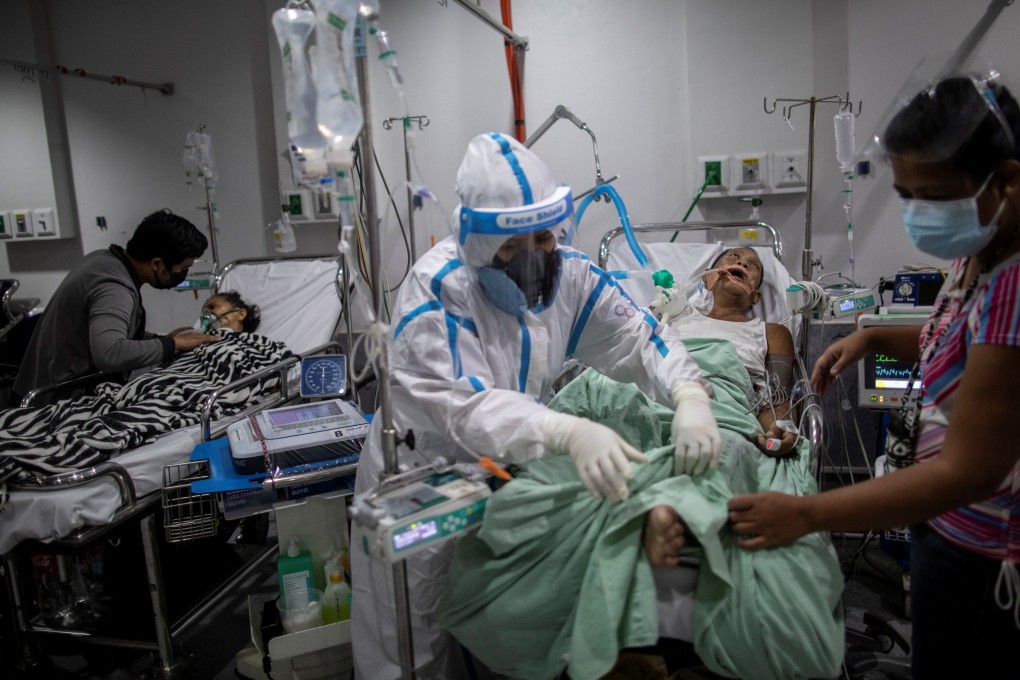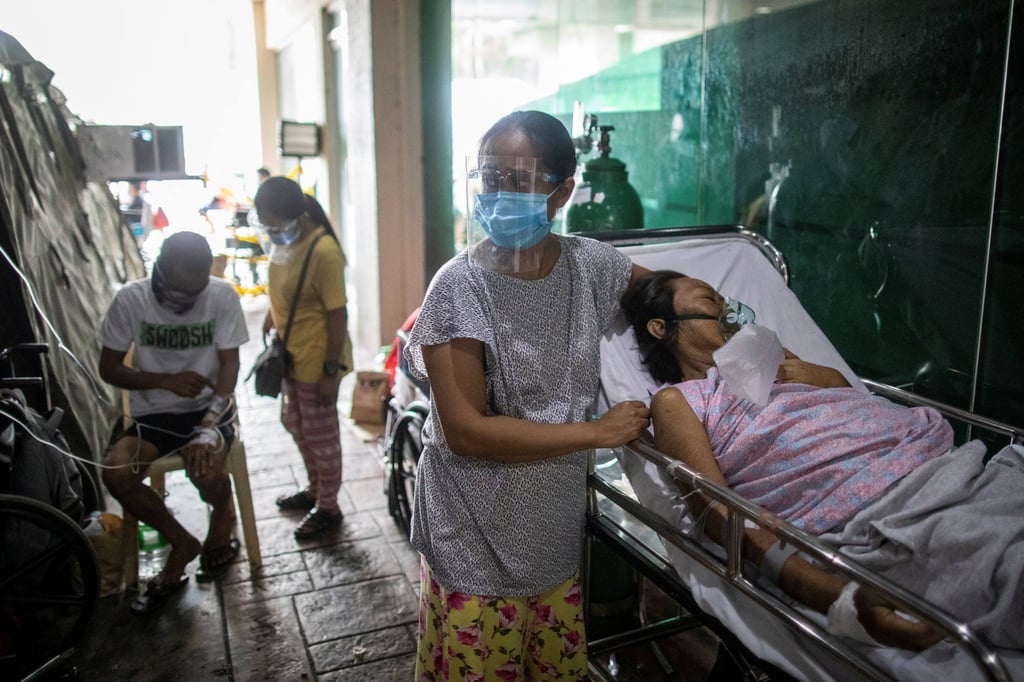Coronavirus: Philippines could face India-like surge, doctor warns, as infections pass 1 million
- Dr Rodrigo Ong of independent OCTA Research Group think tank said the country was at the ‘same crosspoint’ as India in its fight against virus
- Warning comes as Philippines considers cutting quarantine times for returning travellers and easing other restrictions

Dr Rodrigo Ong of the independent OCTA Research Group think tank, which produces forecasts on the virus’ spread, said the Philippines was now at the “same crosspoint” of about 10,000 cases per day that India had reached when authorities there decided to lift restrictions on large gatherings as they thought the virus was under control.
He said the epidemic in the Philippines was in a “delicate balance” as of Tuesday, with more than 80 per cent of the country’s hospital beds occupied.
“As we move towards the end of April and the possibility of further easing quarantine restrictions, this delicate balance may tip over to completely overwhelm the health care capacities,” Ong said.

According to Department of Health figures, the Philippines recorded 7,204 new coronavirus cases on Tuesday, down from a daily high of 15,310 on April 2.